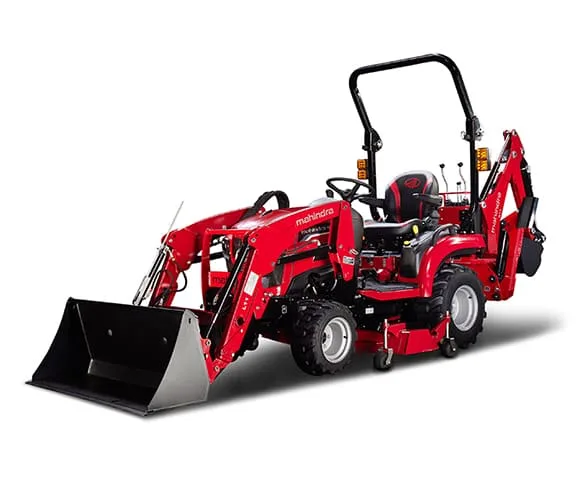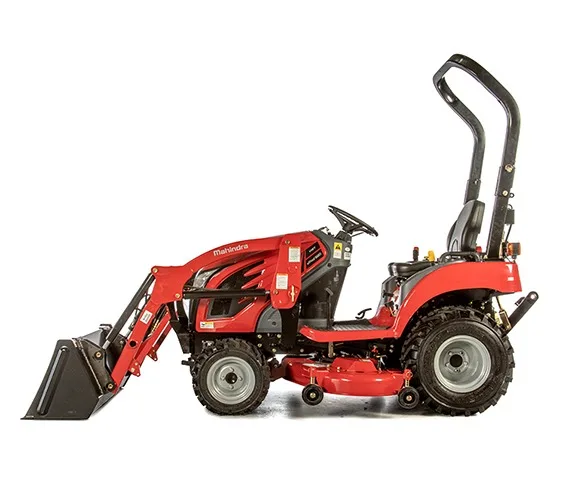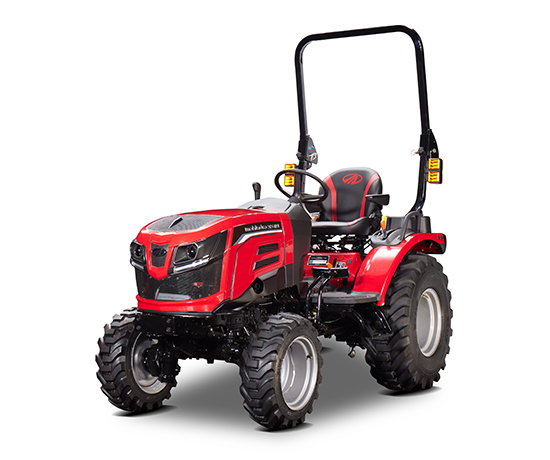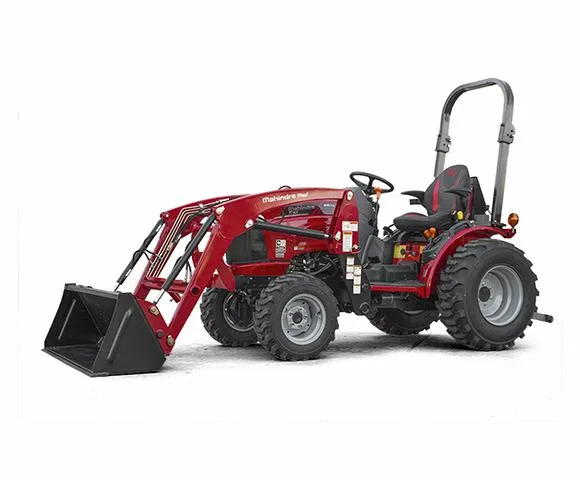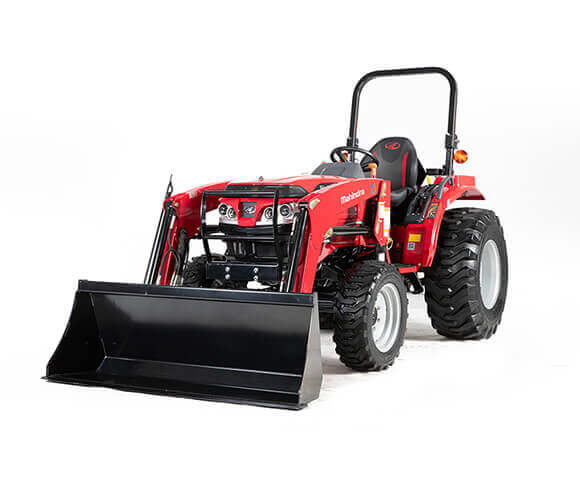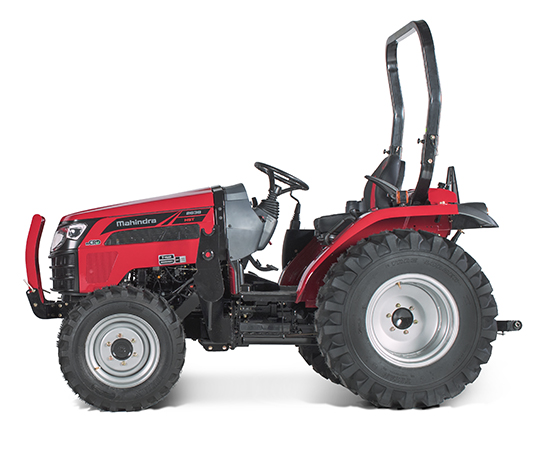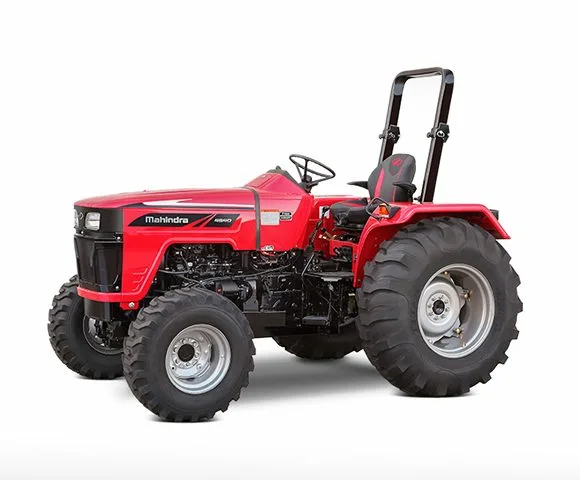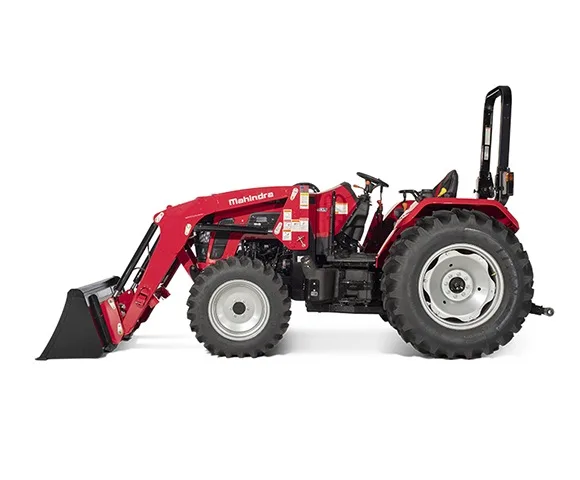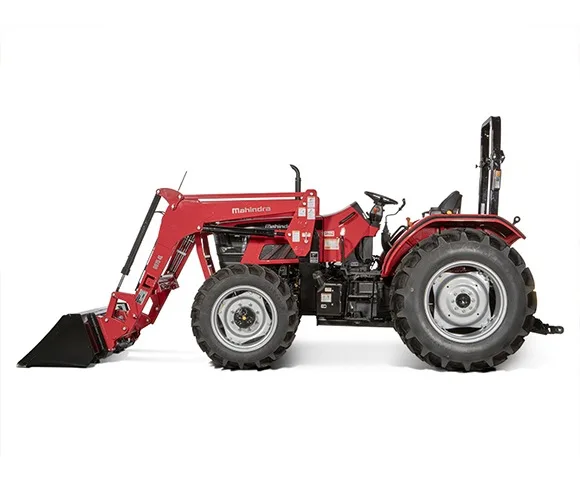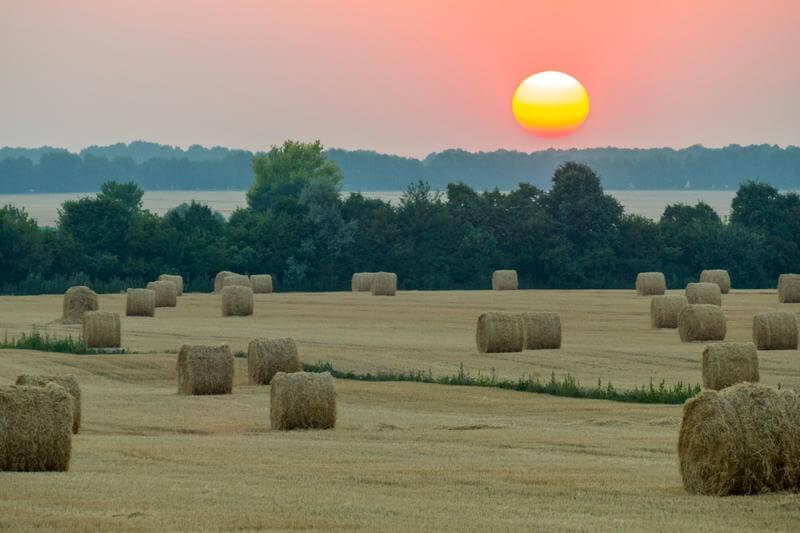Winter is usually the slowest season for farmers, which creates a unique opportunity. All the extra downtime can be used strategically, even if it’s your first winter as a farmer. Use the following tips to make the most of winter farming.

Consider Cold-Weather Crops
It’s possible to continue growing crops throughout the winter. Just be sure to pick crops that can withstand the colder temperatures.
Common winter crops include:
Peas.
Brussel sprouts.
Asparagus.
Onions.
Cauliflower.
Cabbage.
Those that live in warmer climates may want to cover crops with row covers or add thick layers of mulch, which will help provide extra warmth. Those that live in colder climates may need to utilize a greenhouse.
Before planting anything, check your crop insurance. Know what’s covered and what’s not in regards to extreme weather damage.
Keep Livestock Healthy
Winter poses extra challenges for animal care.
Keeping Animals Hydrated
The problem: In winter months, the water can freeze.
The solution: Replace water throughout the day or use a heated watering trough.
Keeping Animals Warm
The problem: Dipping temperatures can reach uncomfortable or unhealthy levels for livestock.
The solution: Inspect the barn for any window cracks, holes in the roof, and other areas where colder air can be let in. Utilize heaters, horse blankets, and other resources as needed.
Keeping Animals Fed
The problem: Livestock can burn through more calories trying to stay warm and lose weight.
The solution: Use a slow-burn feed, such as free-choice hay. This delivers a metabolic heat so animals won’t need to burn as many calories to stay warm. Before making any big changes in the amount you feed your animals, consult with your veterinarian.
Reducing the Risk of Respiratory Diseases
The problem: Winter is a common time for respiratory diseases to spread.
The solution: Give livestock enough access to fresh air. First, ensure the barn is well-ventilated. Second, give animals time out in the pasture each day.
Catch Up on Records
Winter often brings increased down time for farmers. Take advantage! Go over your bookkeeping and records to get everything up-to-date.
Then, analyze the data you’ve collected, such as crop yields and weed control. Look for trends and make plans for next year.
Inspect Your Farm Equipment
Winter is a great time to tackle farm equipment maintenance.
Look over the various parts and see if any need repairs or replacement. Consult the farm equipment’s preventative maintenance schedule, which is usually found in the owner’s manual, and get any lingering maintenance tasks done.
If you need any help with inspecting, servicing, or repairing your Mahindra® tractor, use this tool to locate your nearest dealer with a service department.
Take Care of Yourself
Winter is a common time for getting sick. You don’t want to catch a cold and be out for a few days. Make sure you are getting enough sleep, eating healthy, washing your hands frequently, and proactively taking care of your health.
With the right strategies, you can make winter a successful and productive season for your farm!
